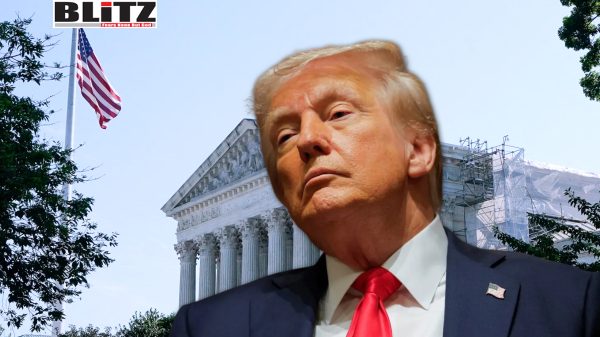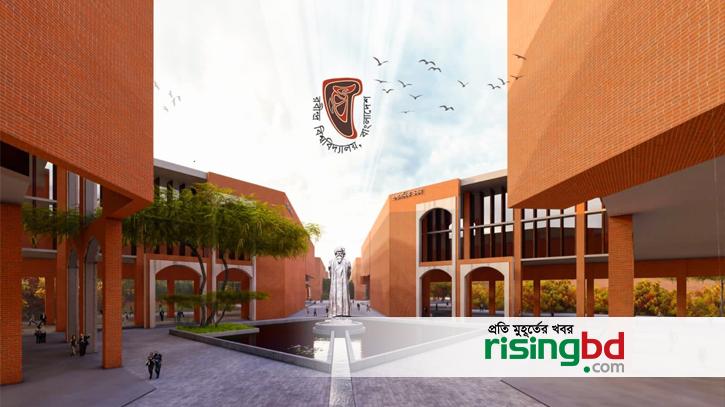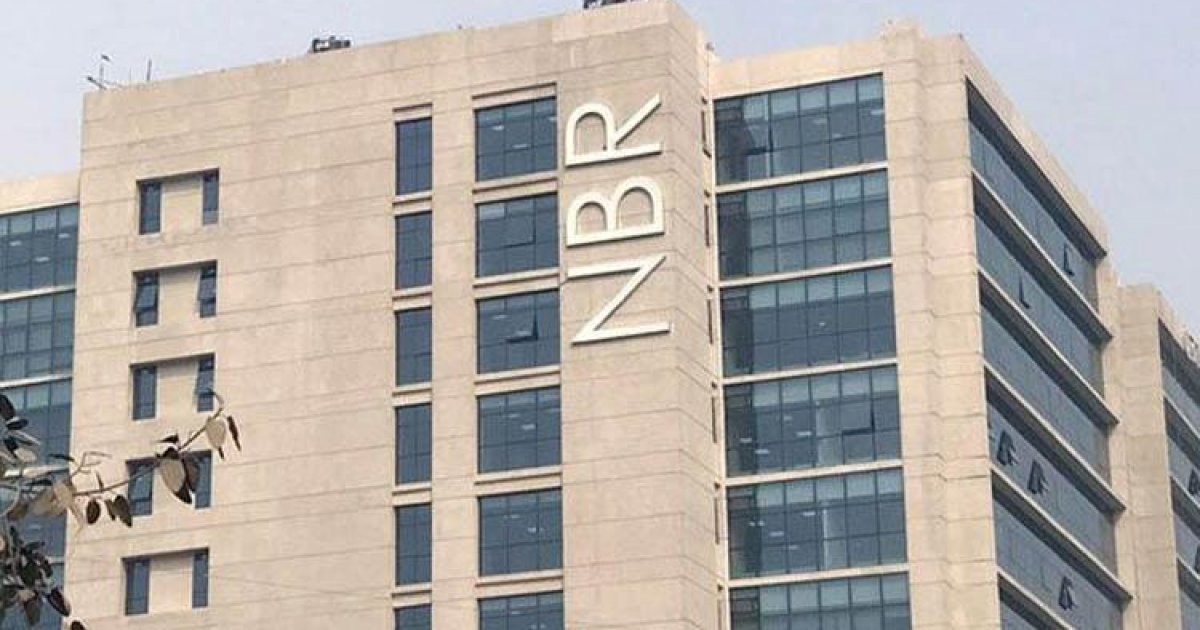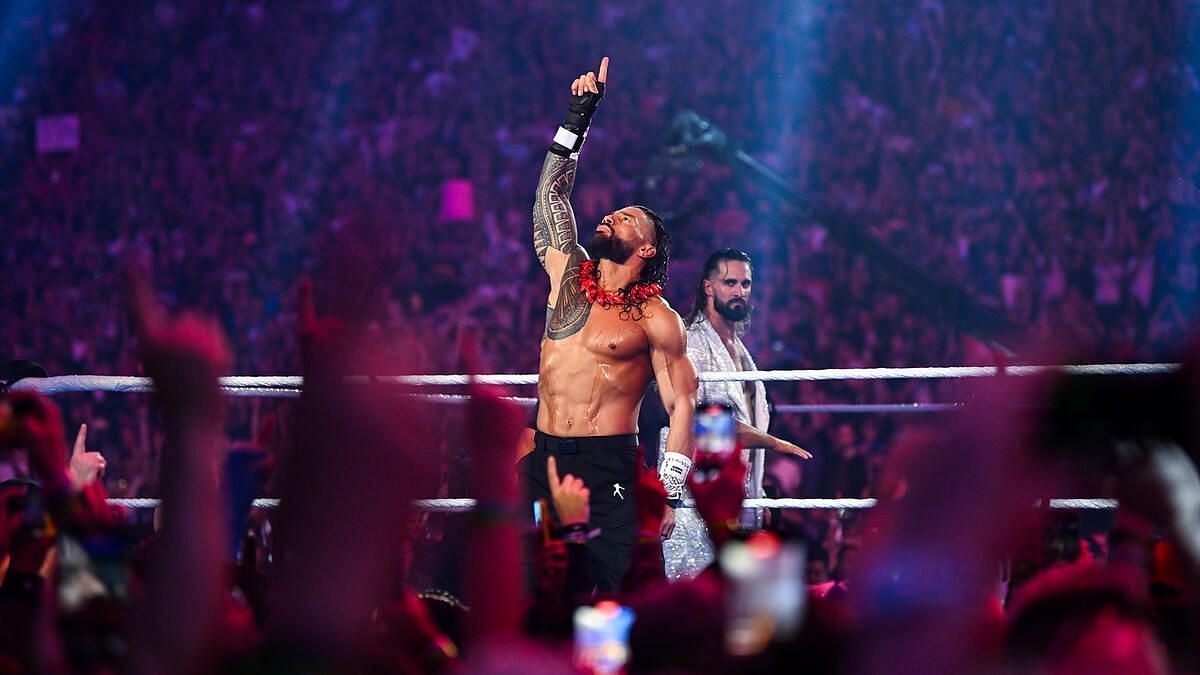Supreme Court strikes down nationwide injunctions against Trump’s birthright citizenship order
In a landmark 6-3 ruling on June 27, the US Supreme Court significantly curtailed the power of federal district courts to issue sweeping nationwide injunctions, declaring that such broad legal remedies exceed the authority granted by Congress. The decision comes in the case Trump v. CASA, Inc., which centered on lower courts’ responses to President Donald Trump’s controversial executive order targeting birthright citizenship.
The Court’s conservative majority, led by Associate Justice Amy Coney Barrett, concluded that universal injunctions-orders issued by lower courts to halt a government policy for the entire nation-violate the limits of judicial power under Article III of the Constitution. “Federal courts do not exercise general oversight of the Executive Branch; they resolve cases and controversies consistent with the authority Congress has given them,” Barrett wrote. “When a court concludes that the Executive Branch has acted unlawfully, the answer is not for the court to exceed its power, too.”
Chief Justice John Roberts and Associate Justices Clarence Thomas, Samuel Alito, Neil Gorsuch, and Brett Kavanaugh joined Barrett in the majority. The liberal wing of the Court-Justices Sonia Sotomayor, Elena Kagan, and Ketanji Brown Jackson-dissented.
Though the ruling does not address the constitutional validity of Trump’s birthright citizenship executive order itself, it deals a serious blow to the legal mechanisms used to block its enforcement across the United States. The order, first issued during Trump’s presidency, sought to deny automatic US citizenship to children born on American soil to non-citizen parents, directly challenging the long-standing interpretation of the 14th Amendment.
Lower courts had responded to the executive order with a series of nationwide injunctions, effectively halting its implementation everywhere, even outside the jurisdiction of the courts involved. The Trump administration challenged this practice, asserting that such injunctions improperly expanded the judicial role beyond resolving disputes between actual parties.
Justice Barrett’s majority opinion clarified the Court’s position: “These injunctions-known as ‘universal injunctions’-likely exceed the equitable authority that Congress has granted to federal courts.” She emphasized that preliminary relief must be tailored to the specific plaintiffs who bring a case, not to the entire nation.
As such, the Court granted the government’s request to partially stay the lower court injunctions. Barrett wrote that “the injunctions are broader than necessary to provide complete relief to each plaintiff with standing to sue.” She instructed the lower courts to “move expeditiously” to revise the scope of their injunctions and ensure compliance with this narrower interpretation of judicial authority.
Justice Clarence Thomas, joined by Justice Gorsuch, issued a concurring opinion that further underscored the constitutional stakes. “The Court also makes clear that the complete relief principle provides a ceiling on federal courts’ authority,” Thomas wrote. He noted that the use of universal injunctions had become “increasingly common” and that Friday’s ruling “puts an end” to that trend.
Thomas emphasized the historic limitations of equitable relief, reminding the judiciary that its remedies must be consistent with traditional bounds: “Lower courts should carefully heed this Court’s guidance and cabin their grants of injunctive relief in light of historical equitable limits. If they cannot do so, this Court will continue to be ‘dutybound’ to intervene.”
Justices Alito and Kavanaugh also penned concurring opinions. Alito’s focused on preserving institutional integrity and preventing the judiciary from becoming an arbiter of national policy. Kavanaugh echoed similar concerns, noting that judicial overreach undermines the separation of powers and invites excessive political litigation.
In a sharp dissent, Justice Sotomayor criticized the majority for, in her view, enabling the implementation of an “unlawful” executive order by disabling the judiciary’s power to block it comprehensively. “The gamesmanship in this request is apparent and the Government makes no attempt to hide it. Yet, shamefully, this Court plays along,” she wrote.
Sotomayor warned that limiting injunctions to only named plaintiffs would gut the ability of courts to provide meaningful protection to constitutional rights. “That holding renders constitutional guarantees meaningful in name only for any individuals who are not parties to a lawsuit,” she stated. “Because I will not be complicit in so grave an attack on our system of law, I dissent.”
The implications of this decision extend well beyond the Trump administration or immigration policy. Legal scholars say the ruling will likely restrict how advocacy groups and legal organizations use litigation to challenge government actions nationwide. Critics argue that it weakens the ability of the judiciary to serve as a check on executive overreach, especially in cases involving civil rights or environmental protections.
Supporters of the ruling, however, view it as a restoration of judicial discipline and an overdue correction to what they see as an increasingly politicized judiciary. “District judges have no business issuing edicts that bind the entire nation,” said Curt Levey, president of the Committee for Justice, a conservative legal group. “This decision rightly reins in that abuse.”
In practical terms, the Supreme Court’s ruling means that Trump’s birthright citizenship order-though still under legal scrutiny-may now move forward in limited ways, as the executive branch is free to begin issuing guidance and implementing policies not directly enjoined by courts.
The legal question of whether the 14th Amendment guarantees citizenship to all persons born on US soil, regardless of parental status, remains unresolved by this decision. That issue is expected to return to the Supreme Court in the future, potentially with even broader constitutional consequences.
For now, the Court has chosen to focus not on the substance of Trump’s controversial immigration policy, but on the scope of judicial authority in addressing it. And with this decision, the high court has signaled a clear warning to lower courts: stay in your lane.
Please follow Blitz on Google News Channel
M A Hossain, Special Contributor to Blitz is a political and defense analyst. He regularly writes for local and international newspapers.
supreme-court-strikes-down-nationwide-injunctions-against-trumps-birthright-citizenship-order















Leave a Reply